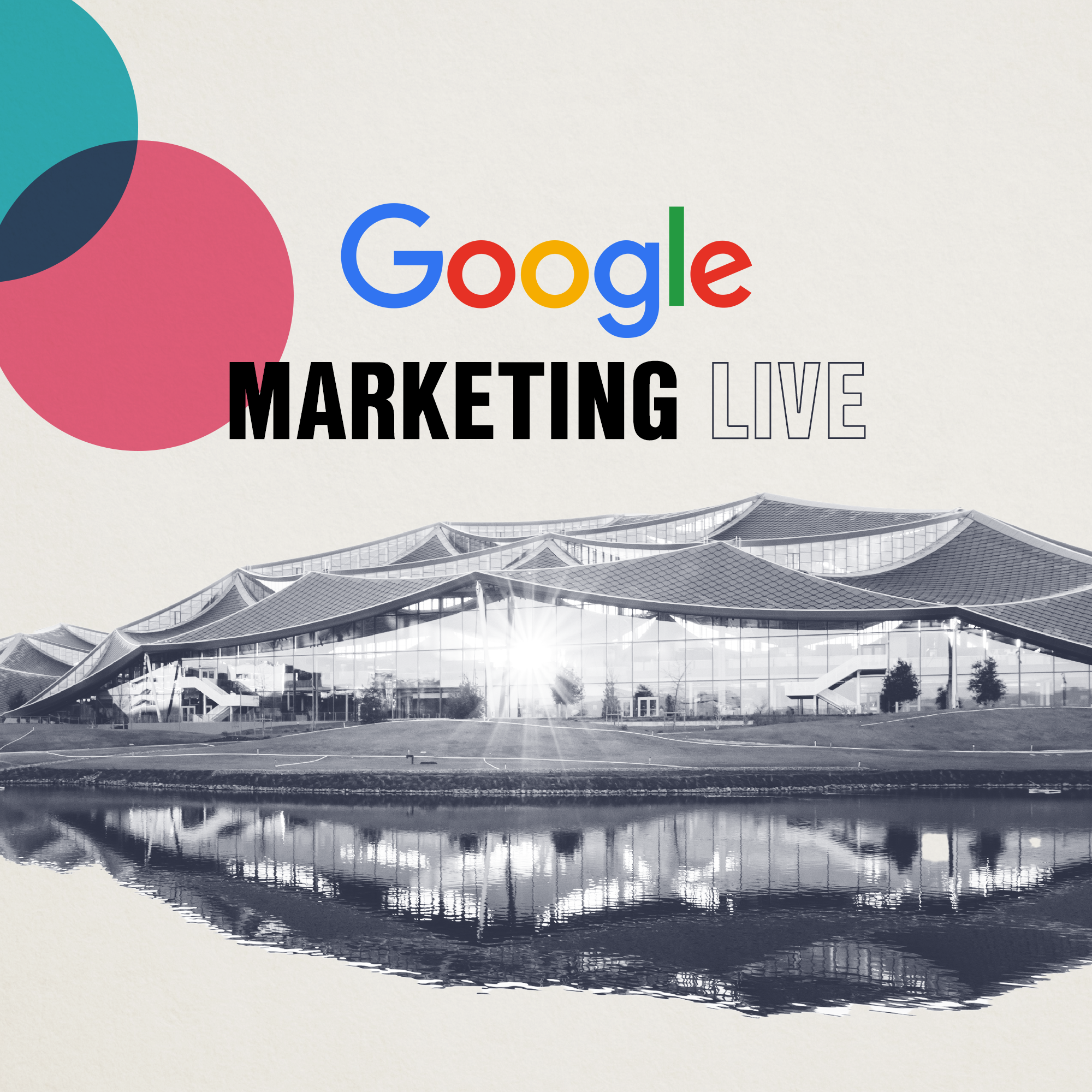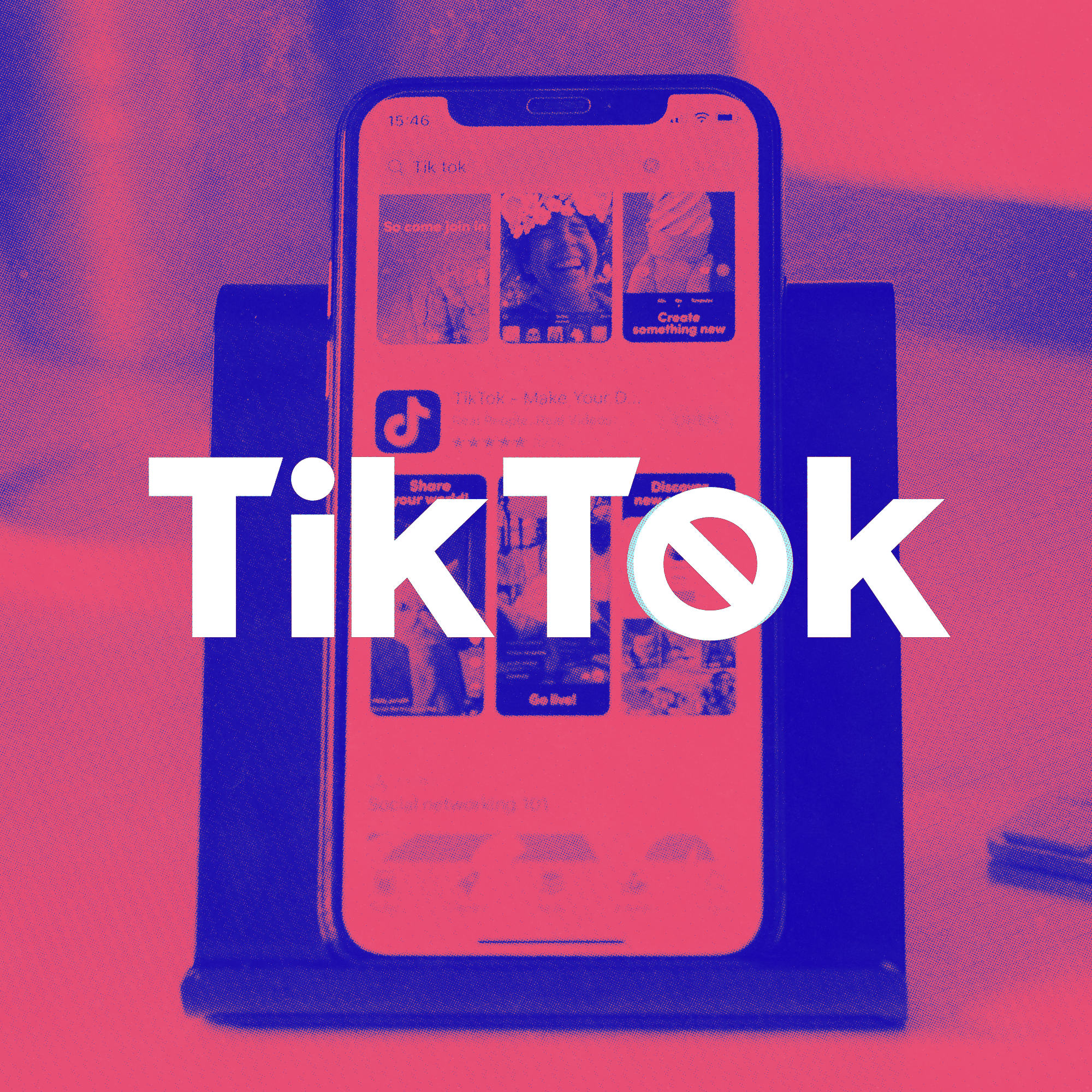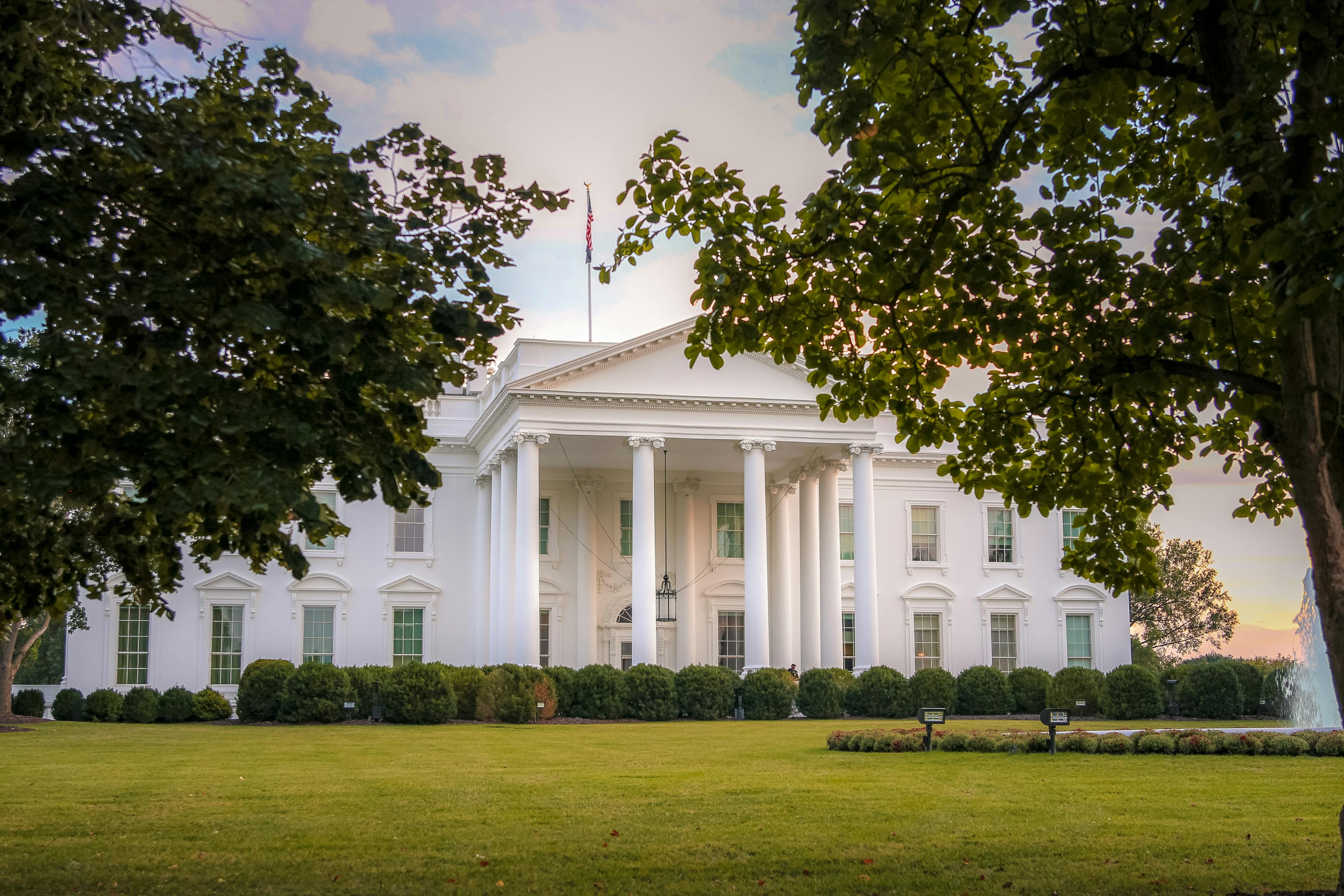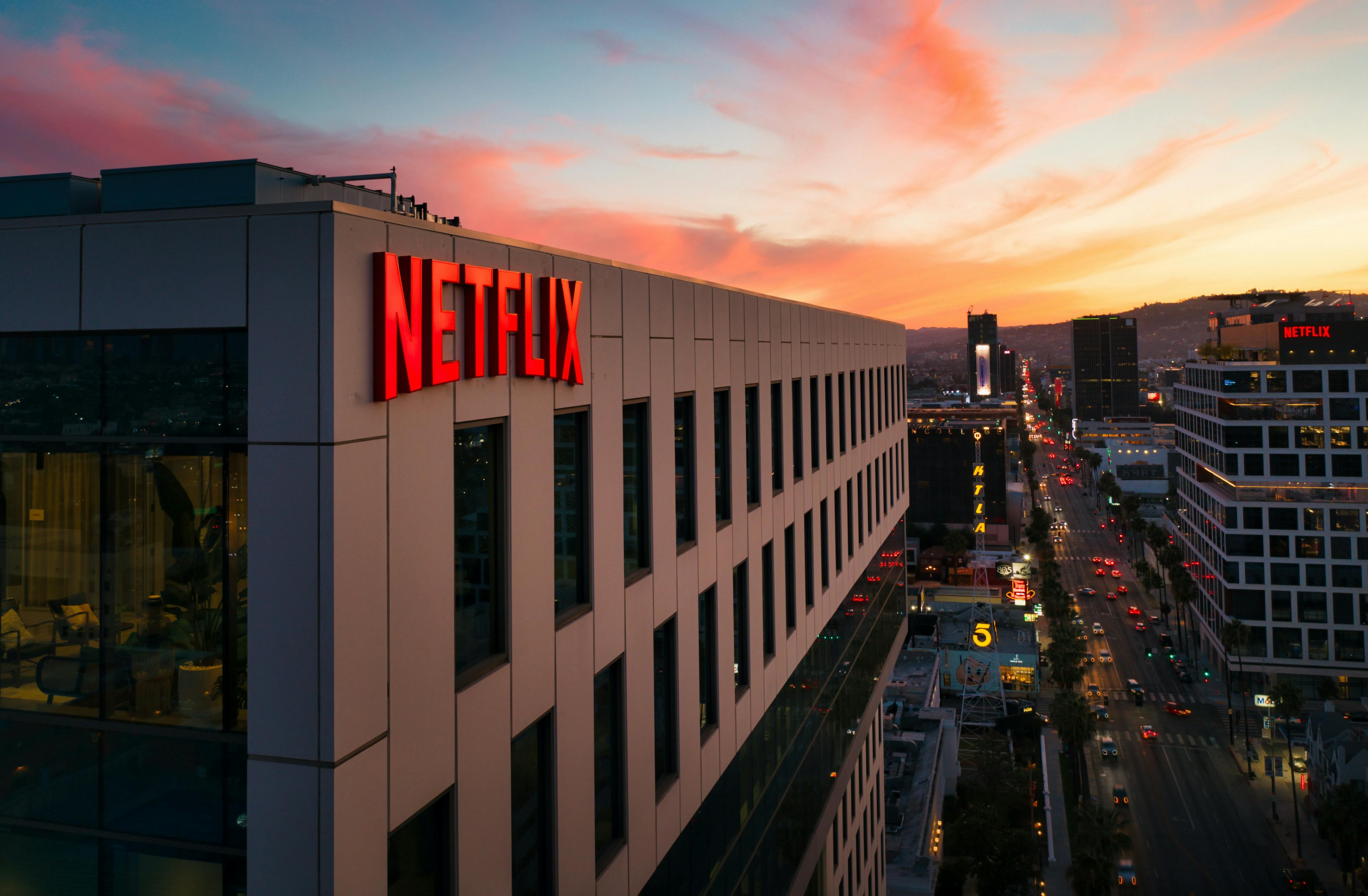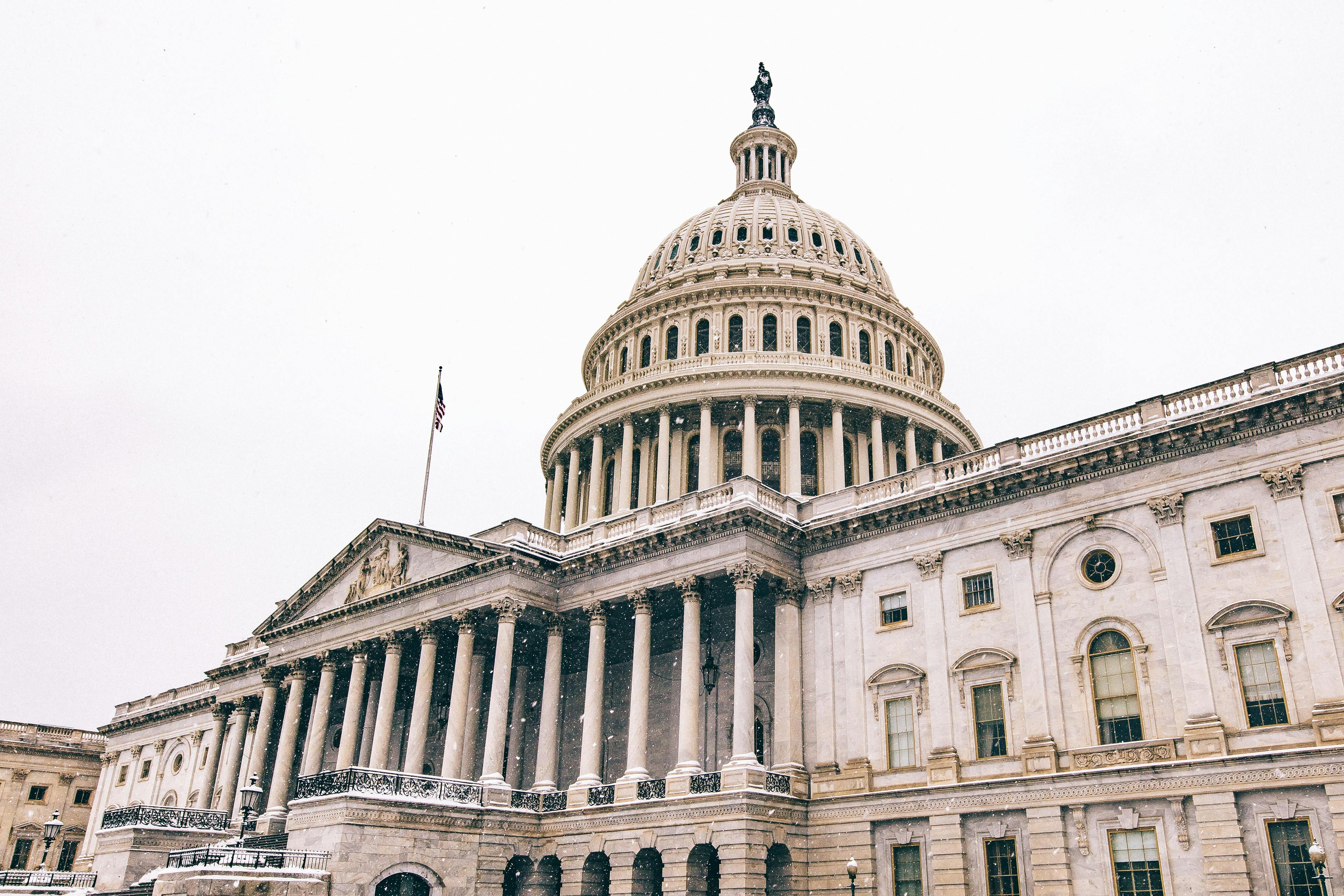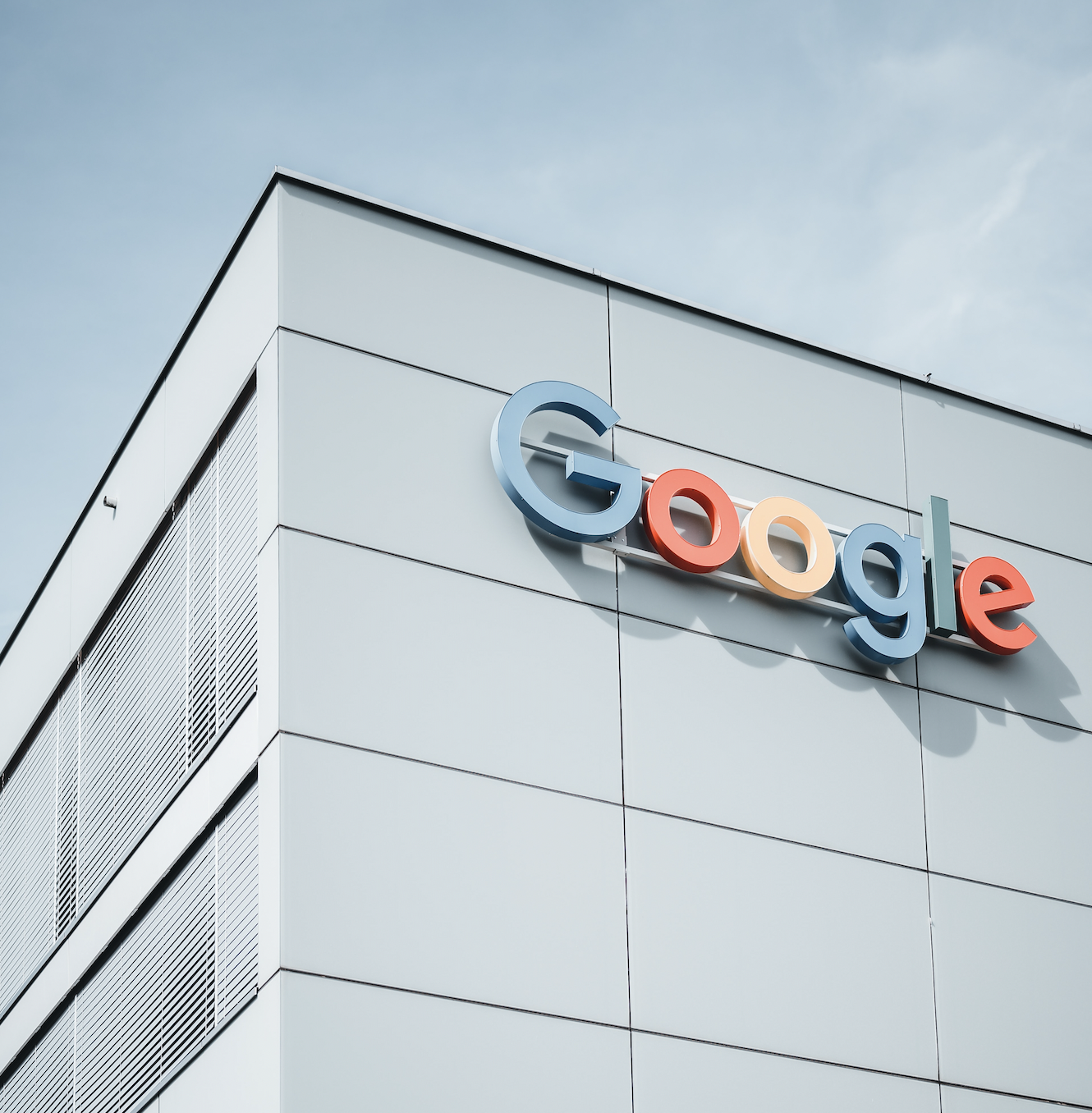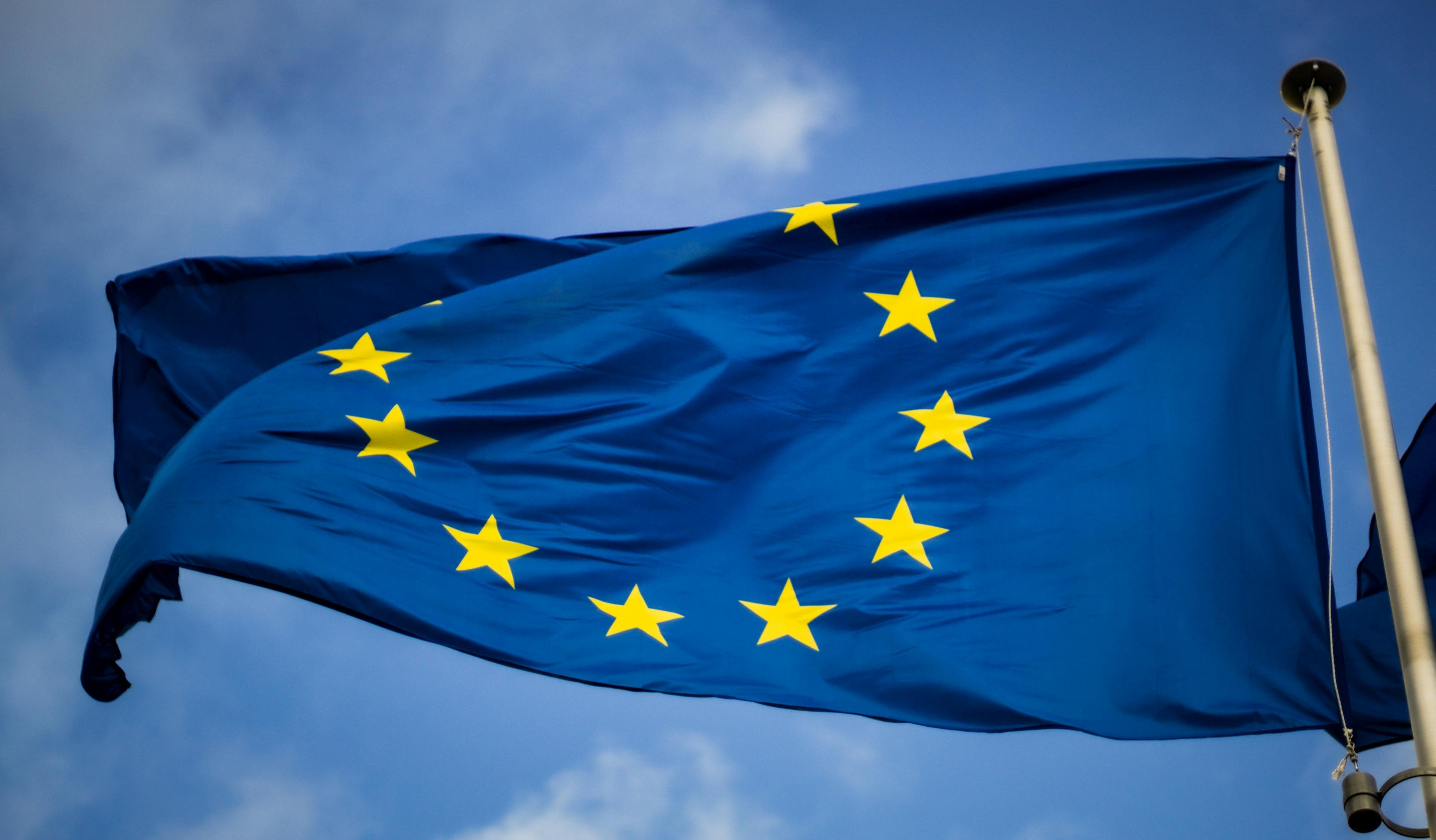Accessibility Tools
PMG Digital Made for Humans
The Takeaway: TikTok’s CEO Testifies in Congress
4 MINUTE READ | March 23, 2023
The Takeaway: TikTok’s CEO Testifies in Congress
Abby Long, Senior Managing Editor
Abby manages PMG's editorial thought leadership program. As a writer, editor, and marketing communications strategist with over a decade of experience, Abby's work in showcasing PMG’s unique expertise through POVs, research reports, and thought leadership regularly informs business strategy and media investments for some of the most iconic brands in the world. Named among the AAF Dallas 32 Under 32, her expertise in advertising, media strategy, and consumer trends has been featured in Ad Age, Business Insider, Digiday, and The New York Times. She holds a Master's in Liberal Arts from Texas Christian University.
Earlier today, TikTok CEO Shou Chew appeared before the U.S. House Energy and Commerce Committee to testify on TikTok’s consumer privacy and data security practices. In his testimony, Chew outlined TikTok’s commitment to transparency and ongoing efforts to protect user privacy and promote safety on the platform while addressing misconceptions about TikTok’s corporate structure, data collection practices, and algorithmic content recommendation engine.
After hours of testimony and questioning from the Committee, the hearing delivered new insights and fresh perspective about TikTok and how U.S. government officials are thinking about the app as calls for ByteDance’s divestment in TikTok’s U.S. operations—or even an outright ban in the U.S. market—grow louder.
Key Takeaways
TikTok’s CEO used much of his time to address “popular misconceptions” about TikTok and share more details about the ongoing efforts to protect consumer privacy, freedom of expression, and data security on the app.
Lawmaker concerns swirled around TikTok’s data security, the mental wellness of young users, the nature of TikTok’s relationship with its parent company ByteDance, as well as national security implications of TikTok and the potential for foreign government algorithmic manipulation and U.S. user targeting by the Chinese Communist Party.
Looking ahead, there are several legislative bills on the docket being considered by U.S. lawmakers, including the RESTRICT Act and the DATA Act. As these make their way through the legislative process, TikTok will continue its ongoing efforts with the Committee on Foreign Investment in the U.S. (CFIUS) to deliver against Project Texas, which aims to safeguard U.S. user data and national security interests through new corporate governance, independent oversight, and data security practices.
TikTok faced heightened scrutiny by U.S. lawmakers who were unanimously critical of the app. Questions focused on user safety, the potential for algorithmic manipulation, and sought to better understand the nature of TikTok’s relationship with its parent company ByteDance. Committee Chair Representative Rodgers shared in her opening statement that TikTok “should be banned” and went on to say, “we do not trust TikTok will embrace American values—values for freedom, human rights, and innovation. TikTok has repeatedly chosen the path for more control, more surveillance, and more manipulation.”
Today’s hearing transpired against a backdrop of growing bipartisan concern for U.S. national security and worries that TikTok poses a danger to the health and wellness of young users. As noted by analysts, “While some of those concerns are more hyperbole than fact, [TikTok] has become a political football amid deepening U.S.-China tensions, with some politicians taking a stiff stance on the company [and these issues] to signal their tough position on the Chinese Communist Party.”
Some lawmakers, such as Representative Obernolte (R-CA), who is one of the only experienced software developers in Congress, expressed doubt about TikTok’s operating model, stating that the ambitions set forth in Project Texas, for example, aren’t achievable as there’s too much room for error and potential for bad actors to make an impact. Other legislators centered their line of questioning around concerns over viral TikTok challenges and asked Chew to commit more resources to content moderation.
The dangers of misinformation and what TikTok can do to make continued investments in removing harmful information on the platform were also popular topics of discussion. Twice, Committee members used their time to flag dangerous information that was live on the platform, with Chew later noting after a brief recess that these videos had promptly been removed by TikTok’s moderation team. Chew acknowledged that “no system is perfect” and stated that these examples point to the larger challenge of content moderation at scale on a global platform.
Throughout the hearing, TikTok’s Chew repeatedly assured Committee members that:
TikTok prioritizes user safety, especially for teenagers, and continues to invest capital and business resources into designing new safety features and supporting independent research on social media’s effects on young people.
TikTok remains a place of free expression and does not condone or permit government manipulation of any kind.
TikTok’s Project Texas is an ongoing effort to create a “firewall” that protects U.S. user data from unauthorized domestic or foreign access in partnership with Oracle and other data security providers and experts.
The company remains committed to accountability and transparency, giving access to third-party independent monitors for platform research and content moderation. Chew argued that TikTok has been the only company in the U.S. market to offer this level of transparency to users, lawmakers, and researchers.
When asked for his opinion on a ByteDance divestment from TikTok’s U.S. operations, Chew argued that other platforms face similar data privacy concerns as TikTok, commenting that addressing these issues is “not about ownership” it’s about ensuring that user data is adequately protected from bad actors across all social platforms. Commenting on the recent string of government agencies around the world that have banned TikTok from government-owned devices, Chew replied that he believes no government-owned device should have any social media apps, including TikTok, and called national security concerns “hypothetical and theoretical risks” that lack evidence.
Chew expressed his support for Congress to pass federal consumer privacy legislation with clear, transparent rules for addressing these issues and other consumer privacy concerns across all social platforms, not just TikTok. Representative Pence (R-IN) acknowledged the lack of bipartisan progress, noting that today’s hearing marked the 32nd congressional hearing about consumer privacy and Big Tech that’s been held in recent years. Many of the topics discussed during today’s hearing addressed concerns that are not unique to TikTok but industry-wide challenges that affect all social platforms, particularly as it relates to harmful content, content moderation, and user safety for children and teenagers.
Stay in touch
Bringing news to you
Subscribe to our newsletter
By clicking and subscribing, you agree to our Terms of Service and Privacy Policy
Similar to prior congressional hearings featuring Big Tech executives, today’s hearing was an opportunity for lawmakers to hear directly from company leadership, and the events of today aren’t expected to result in immediate action against TikTok. Looking ahead, there are several legislative bills on the docket being considered by U.S. lawmakers, including the RESTRICT Act and the DATA Act. As these make their way through the legislative process, TikTok expressed continued commitment to its ongoing efforts with CFIUS to deliver against Project Texas and other investments to strengthen consumer privacy and user safety on the platform.



